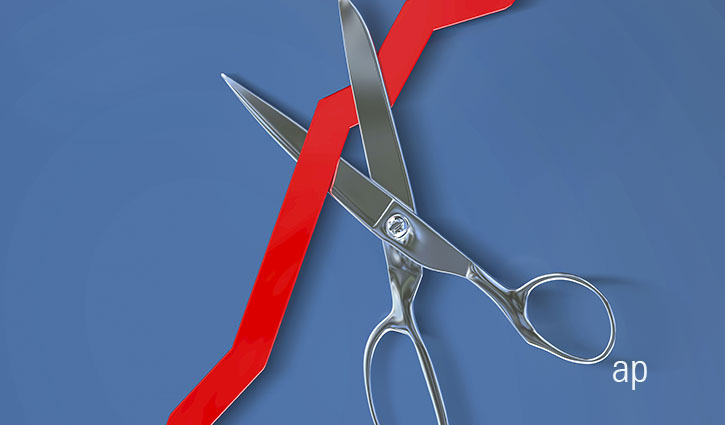
UK income investors should not expect a return to last year's dividend levels until 2026, according to Link's quarterly dividend report, which lays bare the extent of the damage from cuts and suspensions. Before Covid-19, UK companies were expected to pay out over £100 billion in income, but this has been drastically chopped to £60 billion even under a best-case scenario.
2020 has already been a tough year for UK dividend seekers, with high-profile cuts from the likes of Royal Dutch Shell (RDSB) and tobacco giant Imperial Brands (IMP). The cuts have slashed billions of pounds in payouts that investors had being relying on for vital income.
Royal Mail’s (RMG) recent decision to cancel its dividend is a reminder that the threat to income is ongoing even though the worst of the stock market sell-off appears to have passed. There are still some question marks over BP (BP.), whose shares currently yield more than 10%, will follow its rival Shell in cutting dividends this year. Meanwhile, banks are still waiting for the green light before they can resume dividends after regulators forced them to suspend.
Can investors expect to see some improvement over the rest of the year as company revenues start to recover and economies re-open? According to Link’s latest quarterly dividend report: probably not. The investment group says 2020 is still likely to be a terrible year for UK equity income, though perhaps not as bad as investors had feared at the peak of the Covid-19 recovery.
Six-Year Recovery
Around 75% of UK companies that usually pay dividends cut or suspended their pay out in the second quarter of the year, according to Link. This is worse than the 2009 financial crisis, when 40% of companies cut their dividend in Q1 2009. Link warns that UK dividends may not recover to 2019's levels of £100 billion until 2026.
In April, Link forecast that under a worst-case-scenario, UK dividend payouts would more than halve to £46.5 billion this year. Under a best-case scenario the group predicted pay outs would be down 29% from a year ago at around £70 bilion.
Halfway through the year, more is now known about companies' plans for 2020 and this best-case scenario has been lowered to £60.5 billion, a fall of 39%. The worst-case-scenario is improved but to a still painful 43% fall to £56.3 billion.
Before Covid-19, UK companies had been expected to pay out more than £100 billion in dividends this year. This means that even under the most optimistic scenario, investors will have to forgo around £40 billion in income.
The predicted percentage falls for this year are more pronounced when special dividends are included too, as they made up a decent chunk of 2019’s payout.
Will Dividends Bounce Back Next Year?
Investors should have a better second half of the year, says Patrick Harrington, managing director at OLIM Investment Managers, as companies that deferred dividends rather than cancelling them outright will likely restart payments. “But a strong recovery in payments is unlikely before 2021,” he warns, and much depends on whether banks are allowed to restart their dividends.
Link expects a rebound next year, with dividends reaching between £70 billion and £80 billion in overall payouts, including special dividends. Susan Ring, chief executive officer of corporate markets at Link says that 2020 has been a good opportunity for companies with low dividend cover to press the reset button and shore up their finances.
“2020 has provided an opportunity for many companies to reset their dividends at a lower, more sustainable level from which they can again start to rebuild. In the short term this is painful for investors, but in the long run it helps create healthier companies,” she says.
Our monthly dividend report has been updated to factor in dividend cover, which shows how much of a company’s profit is used to pay dividends. Many of the companies that haven't cut dividends, such as Reckitt Benckiser (RB.) and Diageo (DGE), have higher than average dividend cover.









.jpg)


















